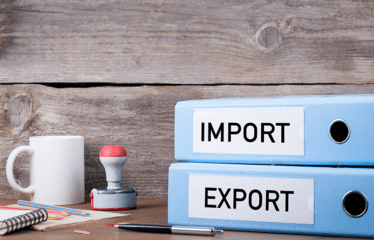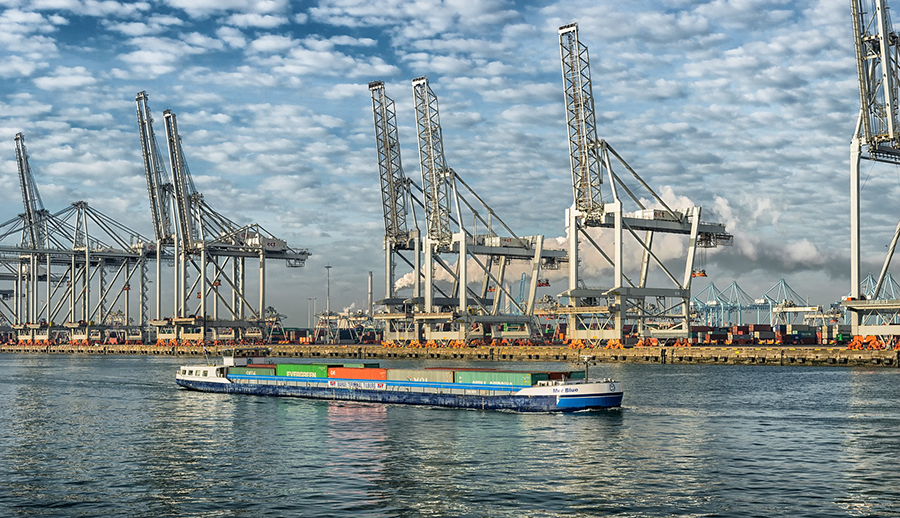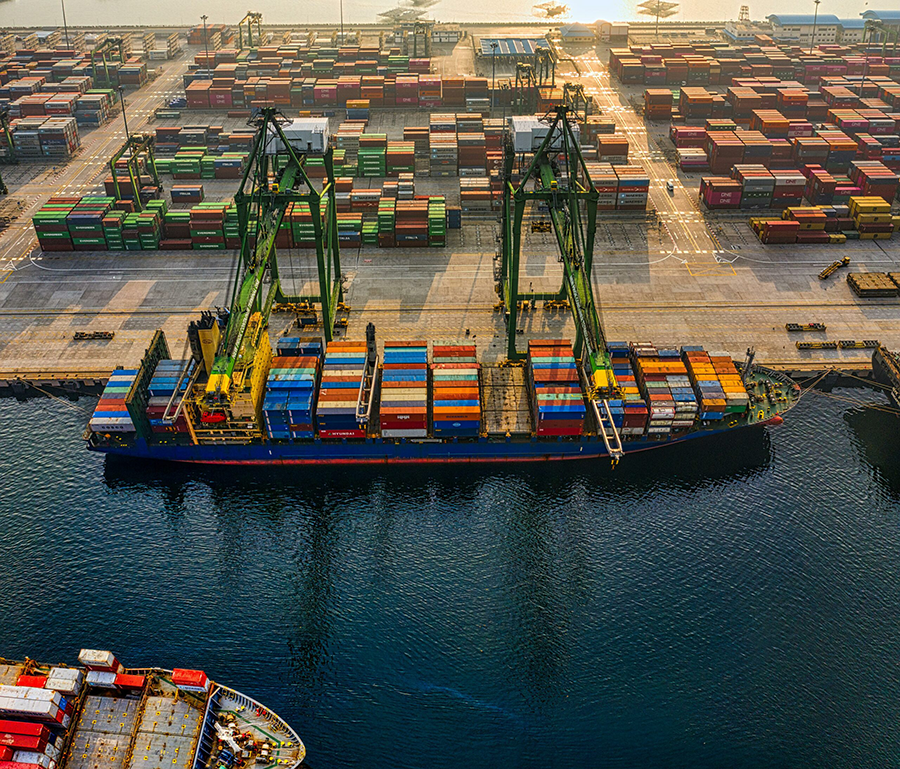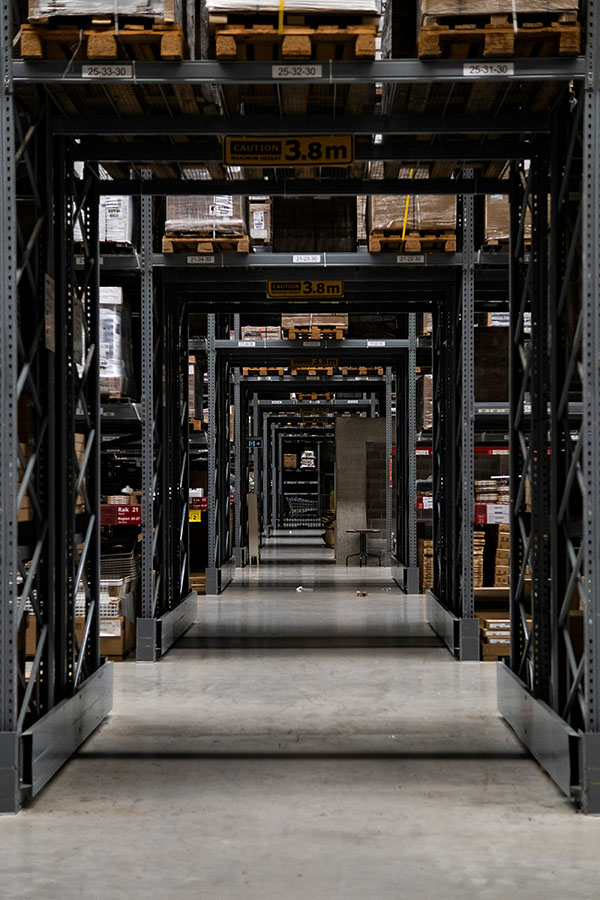
Vous êtes une société non-UE et avez des difficultés à trouver un représentant en douane indirect ? Pour gérer vos importations sur le territoire de l’Union européenne, FISCALEAD vous propose une solution !
Contactez-nousVous êtes une société non-UE et avez des difficultés à trouver un représentant en douane indirect ? Pour gérer vos importations sur le territoire de l’Union européenne, FISCALEAD vous propose une solution !
Contactez-nous

Pour de nombreuses raisons commerciales et/ou logistiques, des sociétés établies dans des Pays Tiers peuvent devoir réaliser des importations dans l’UE. Ceci, en leur nom et en pleine gestion des conséquences administratives, fiscales et douanières inhérentes.
A toutes les sociétés non-établies dans l’UE, vous qui avez des difficultés à importer des biens dans l’UE, ceci vous est destiné !
Service Importer / Exporter of Record FISCALEAD – Représentation en douane indirecte
A titre d’exemple, nous pouvons citer :
Par ailleurs, n’oublions pas non plus le vendeur qui s’est engagé à vendre et livrer sous un incoterm DDP¹ à sa contrepartie et n’avait pas anticipé les formalités et obligations à accomplir.
Quelles qu’en soient ses raisons, toute société qui importe des marchandises dans l’Union Européenne sans être établie dans l’UE a 3 possibilités :
Quand un expéditeur non européen souhaite importer des marchandises dans l’UE, il doit alors désigner un représentant en douane indirect conformément aux dispositions du Code des douanes de l’UE. Quelles sont les impacts et différences de ces deux types de représentations en douane ?
Les déclarations douanières d’importation sont remplies au nom et sous la responsabilité de la société importatrice, qui est établie dans l’UE.
Les déclarations douanières d’importation sont remplies au nom du représentant en douane indirect pour le compte de la société importatrice.
C’est bien pour des raisons de responsabilité que la majorité des RDE (représentants en douane enregistré) ne sont pas favorables à offrir une représentation en douane indirecte à leurs clients non-UE. En pratique, les marchandises deviennent… « indédouanables » si personne n’accepte de les déclarer en responsabilité totale ! Ainsi, ces mêmes sociétés non-européennes, à défaut de pouvoir ou vouloir mettre en place les alternatives 1 ou 2 précitées, doivent désigner un Importer Of Records « IOR » tel que FISCALEAD.


Nous offrons aux expéditeurs non européens un processus dématérialisé et user friendly pour utiliser nos services IOR. De notre processus d’évaluation des risques douaniers au paiement en ligne, en passant par la signature électronique de notre contrat de service IOR, notre offre est conçue pour rendre à nouveau possible les expéditions, et donc les ventes, vers l’UE et vous libérer d’obligations lourdes :
Vous Êtes Un Représentant En Douane Ou Une Société Non-UE, Contactez-Nous Pour Obtenir Plus D’informations !
Lorsqu’une entreprise non-UE souhaite exporter des marchandises depuis la France, elle ne peut pas agir en tant qu’exportateur d’un point de vue douanier. En effet, l’article 1 § 19 du règlement délégué (UE) 2015/2446 complétant le Code des Douanes de l’Union, donne une définition précise de l’exportateur douanier des marchandises. Sans équivoque, celui-ci est forcément établi (au sens douanier) dans l’UE :
19) «exportateur»:
a) un particulier transportant les marchandises à expédier hors du territoire douanier de l’Union lorsque celles-ci sont contenues dans les bagages personnels du particulier;
b) dans les autres cas, lorsque le point a) ne s’applique pas:
i) une personne établie sur le territoire douanier de l’Union, qui est habilitée à décider et a décidé de l’expédition des marchandises hors dudit territoire douanier;
ii) lorsque le point i) ne s’applique pas, toute personne établie sur le territoire douanier de l’Union qui est partie au contrat à la suite duquel les marchandises doivent être expédiées hors dudit territoire douanier;
Dès lors, l’aspirante exportatrice non-UE doit ainsi désigner un tiers de confiance établi dans l’Union européenne, qui portera la responsabilité de l’exportation (EOR, Exporter Of Records ou Exportateur Tiers).
FISCALEAD vous donne accès à son service ThirdExporter. En effet, ce service vous permettra d’exporter vos marchandises depuis n’importe quel point de l’Union Européenne. De surcroît, vous les exporterez en pleine conformité avec la réglementation douanière. Nos services sont ainsi disponibles tant pour les marchandises soumises à des restrictions douanières particulières (sous conditions) que pour les marchandises non soumises à des restrictions.
Vous êtes un représentant en douane ou une société non-UE, Contactez-nous pour obtenir plus d’informations !


Agiles et réactifs, nous sommes à l’écoute de vos besoins particuliers. Vous avez consulté un avocat et souhaitez passer à la phase d’implémentation opérationnelle de ses conseils juridiques ? Nous pouvons vous assister à mettre en œuvre dans des procédures claires, organisées et étanches les recommandations de vos conseils juridiques.
Nous contacter
Fondé par Marcie REYNO-DALLE et Alexandra LOUYOT, FISCALEAD est un cabinet d’assistance opérationnelle en fiscalité indirecte : Douane, Accises, TVA et représentation fiscale Prélèvement à la source. Fortes de nombreuses années d’expérience en cabinets de type big 4 comme en entreprises, nous sommes aguerries à de nombreux business models, industries et supply chains à l’international.
Nous mettons notre expertise au service de vos besoins opérationnels pour que la fiscalité indirecte ne soit plus un frein à votre activité mais vous ouvre de nouvelles opportunités. Chez FISCALEAD l’expertise est une priorité, et la technologie une nécessité – sans jamais être dissociées.
Nous collaborons avec de nombreux cabinets d’avocats dont nous sommes partenaires.
Nous assurons une veille fiscale et douanière européenne pour nos clients et animons des ateliers techniques et pratiques, webinar et formations.
Plus de 15 ans d’expérience en management de la fiscalité indirecte : Douane, Accises, TVA